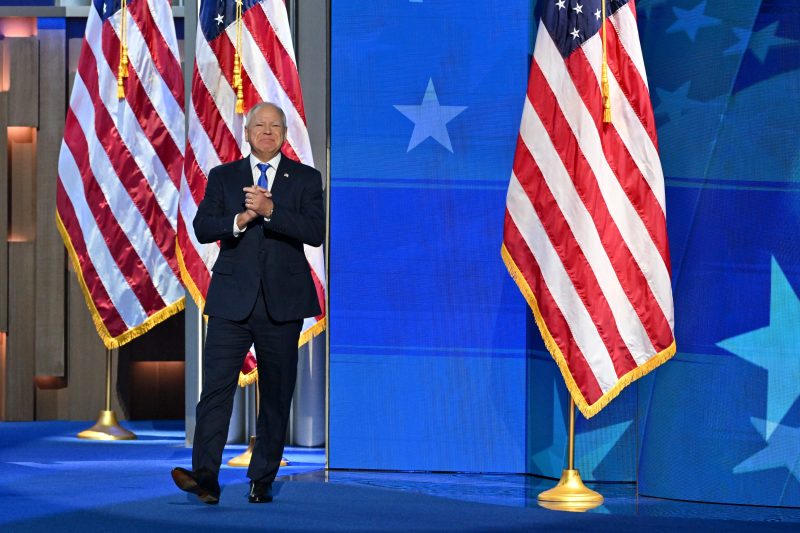
Capitalize on China: Candidates Weaponize Rising Power in New Strategy
As China’s Power Grows: The Influence in Election Campaigns
The rise of China as a global superpower has inevitably become a focal point in various election campaigns around the world. Candidates across different nations have increasingly used China’s growing power as a significant topic to sway voters and shape their political strategy. The implications of China’s expanding influence are vast, touching on economic, political, and security concerns that resonate with voters in different ways.
Economic Anxieties and Job Losses
One of the prominent themes in election campaigns regarding China’s power is the fear of economic dominance. Candidates often highlight the loss of jobs in their own countries due to outsourcing to China or unfair trade practices that put their industries at a disadvantage. The narrative emphasizes protecting local jobs and industries from being overshadowed by China’s robust economic prowess.
National Security and Strategic Rivalry
The security dimension of China’s rise plays a crucial role in election discourse, particularly in countries where there are territorial disputes or strategic competition with China. Candidates often emphasize the need to bolster national defense to counter China’s growing military capabilities and safeguard their country’s interests. This narrative appeals to voters who prioritize security and see China as a potential threat to their nation.
Human Rights Concerns and Values-Based Diplomacy
In light of China’s human rights record and its authoritarian governance, some candidates frame their opposition to China’s power as a moral stance. They portray China as a violator of human rights and advocate for policies that uphold democratic values and support marginalized groups within China. This values-based approach resonates with voters who prioritize human rights and ethical foreign policy in international relations.
Global Leadership and Diplomatic Engagements
China’s increasing role in global governance and diplomacy has also become a central point in election campaigns. Candidates often position themselves in relation to China’s assertive foreign policy and project their vision of international leadership. Some candidates advocate for cooperation with China on global challenges like climate change, while others adopt a more confrontational approach to counter Chinese influence and assert their country’s leadership on the world stage.
Public Perceptions and Media Narratives
The way China’s power is portrayed in the media and public discourse significantly shapes election campaigns. Candidates leverage popular narratives around China – whether as an economic threat, a strategic rival, a human rights violator, or a global partner – to appeal to different voter sentiments. The media’s framing of China’s influence can either amplify or mitigate candidates’ messages, influencing voter perceptions of the candidates’ stances on China.
In conclusion, China’s rise as a global power has permeated election campaigns worldwide, shaping political debates and influencing voter sentiment. Candidates strategically use China’s power as an attack line to gain support, address economic anxieties, highlight security concerns, champion human rights, and articulate their vision of global leadership. How candidates navigate the complexities of China’s influence in their campaigns reflects not only their policy positions but also their ability to resonate with voters on issues of profound significance in an increasingly interconnected world.
